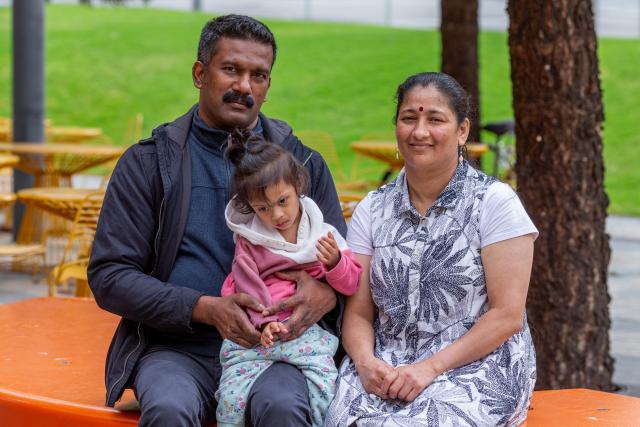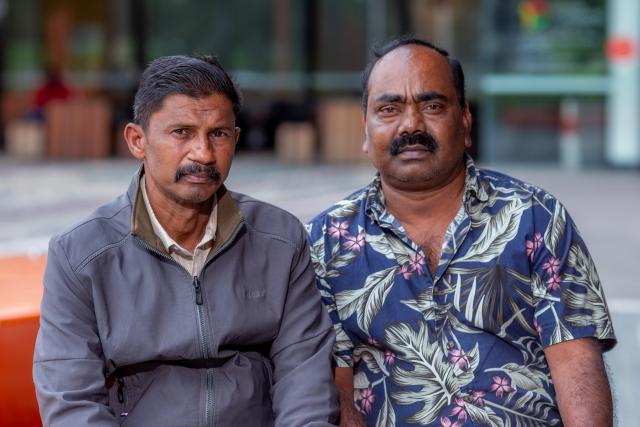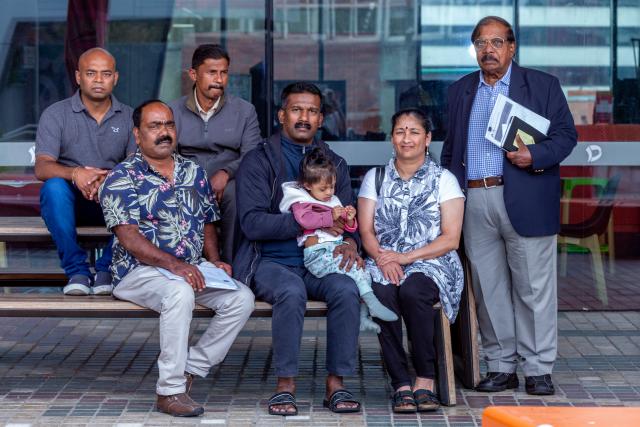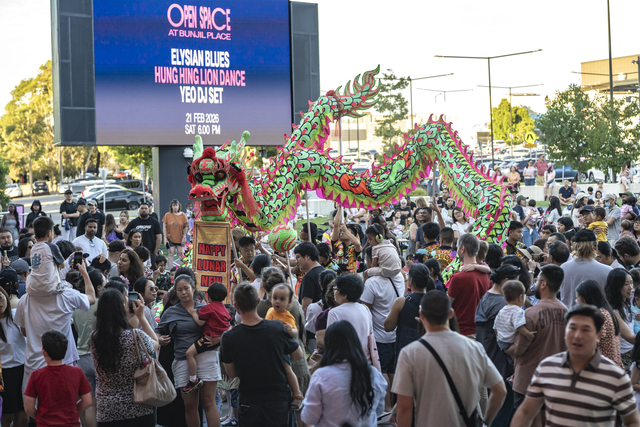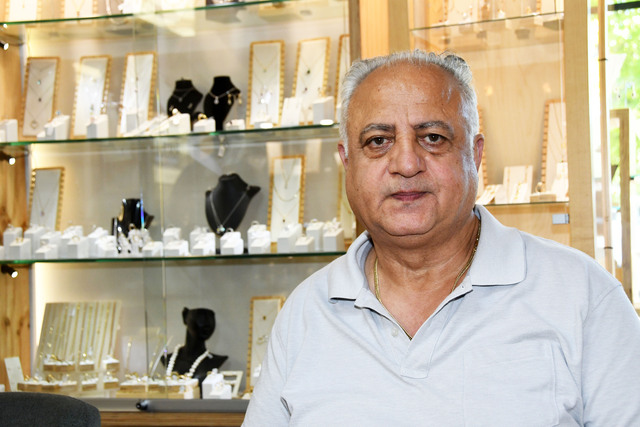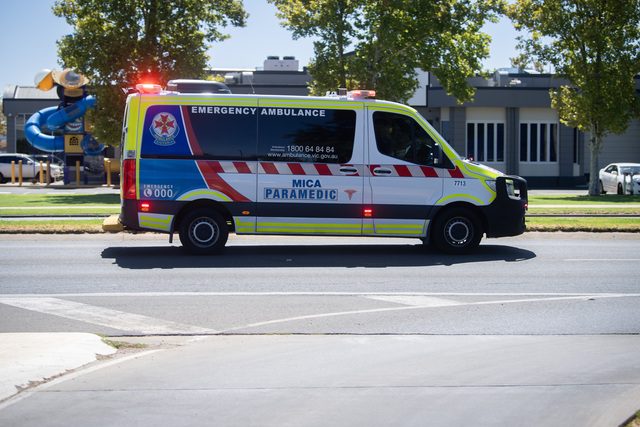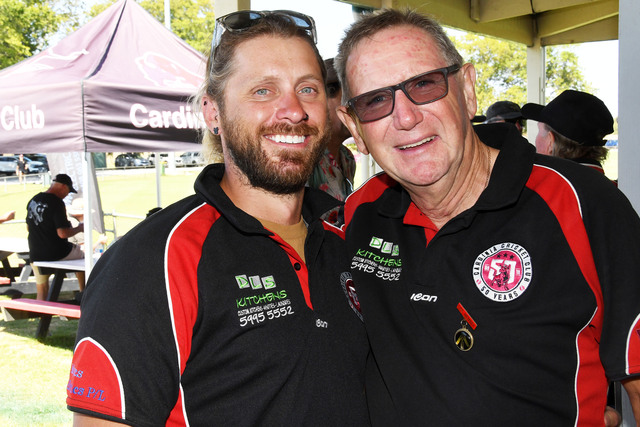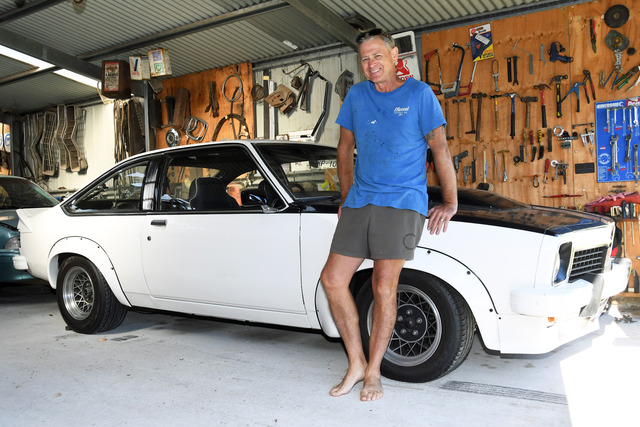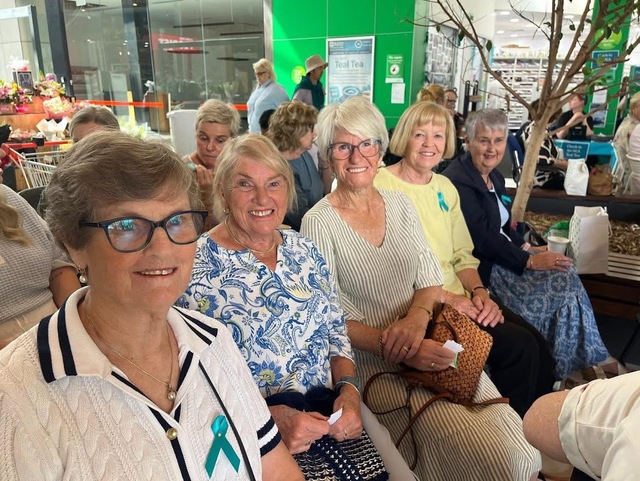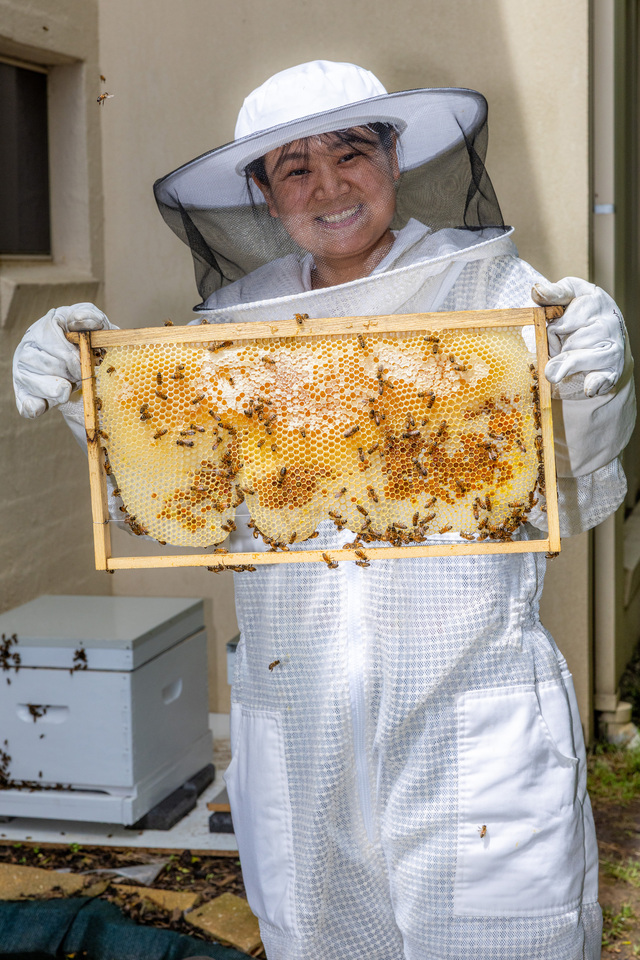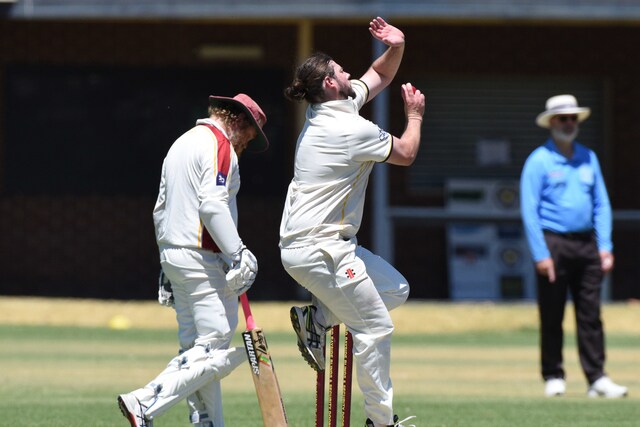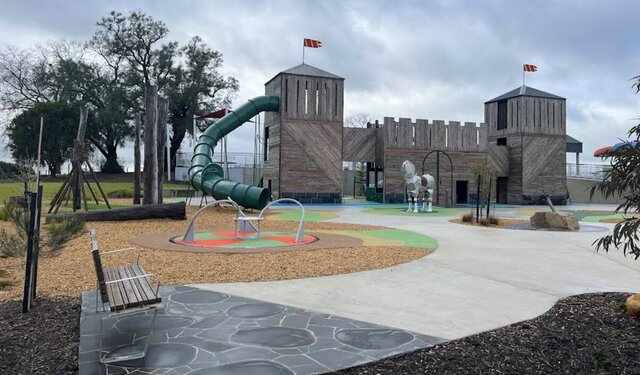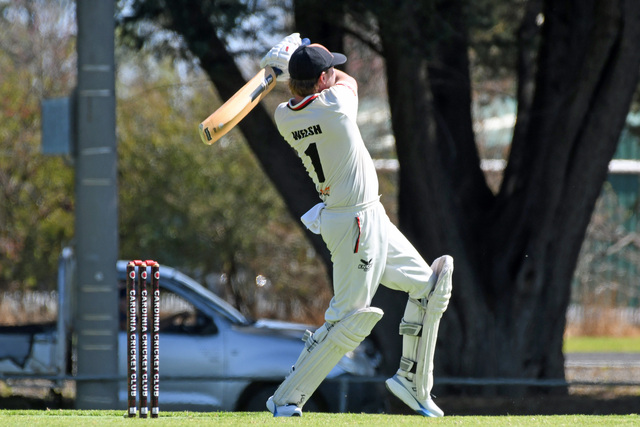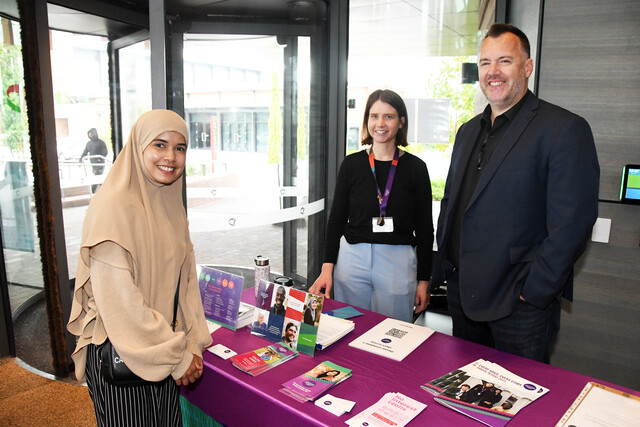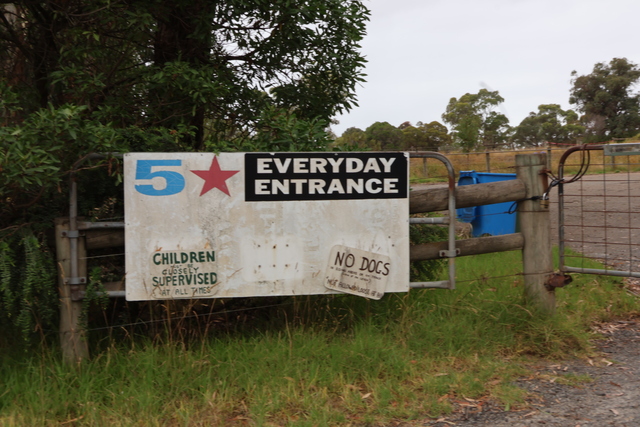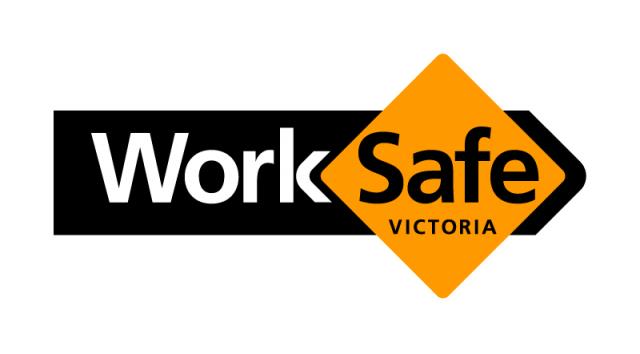Asylum seekers remain in limbo despite the Federal Government’s ‘fast-tracked’ permanent visa pathway introduced last year.
South East-based Tamil couple Kumaran and Kulali fled from civil war in Sri Lanka after Kumaran and his friends were shot by security forces in the island’s north.
Bullets remain in Kumaran’s body but he survived. His friends perished.
Now with a toddler Kuyili, the couple’s claim for a safe haven in Australia has stalled for 12 years despite their insistence that it’s not safe for them to return.
“He thought Australia was a democratic country and would help them,” refugee advocate Wicki Wickiramasingham says.
“But it is going very, very badly.”
In February 2023, the Federal Government announced fast-tracked Resolution of Status visas for refugees languishing on temporary visas.
By January this year, 14,390 RoS visas were granted, with about a quarter (5685) of applications remaining.
Temporary partner visas and permanent partner visas were also granted in greater numbers as the Government cleared what it said was an inherited 1 million visa backlog.
Despite the fanfare, 12,000 asylum seekers were not eligible for the RoS visas. Like Kumaran and Kulali, they remain in limbo.
Things got markedly worse when the couple’s rights to work and study in Australia were suddenly cancelled in 2018. Those rights have not been restored.
Kumaran had been saving to start an enterprise in Australia. Meanwhile Kulali’s child-care studies was also brought to a halt.
With their savings exhausted, they depend on donations from various charities and friends.
They’ve moved between five rental homes in 12 years, barely able to pay rent, utilities and Kuyili’s medical expenses.
Living on charity is demeaning for Kumaran, the former businessman who employed up to 70 people in video-photo, jewellery, poultry and timber enterprises in Sri Lanka.
“When I first got here, I had a work permit and built savings,” Kumaran said. “But when I lost the work permit, no one gave us work.
“We’ve lost all our savings. In the past two years, I’ve sold all our things one by one.”
Even so, Kumaran insists life would be too perilous in Sri Lanka.
“The worries are here but over there, you can’t sleep peacefully. You don’t know whether you’ll be alive or not.”
Wickiramasingham says Sri Lankan authorities can’t be trusted to welcome the family home.
“The Government says that in the current situation you can go back. But I say it’s dangerous for them. After seven days, they’ll disappear.”
Another local Tamil, Sunashanmudam, waited 10 years until he was granted a permanent visa by Australia in 2023.
In September, he paid $23,000 for family-reunion visas for his wife and three children to join him from Sri Lanka.
Six months on, he’s heard nothing from the immigration department.
In the meantime, he’s spent a month in hospital after a recent heart attack.
He’s been dependent on friends to help him – he says he needs his family more than ever to care for him during his recovery.
Another distraught father is Murali, who hasn’t seen his family of two children since leaving Sri Lanka in 2011.
He has already saved money for family reunion visas for his loved ones, and still sends money to support them when he can.
But under his bridging visa, he can’t apply for them to join him in Australia.
Every three months, he has to re-apply for his visa. He has work rights but with such an uncertain visa status, no one will employ him, he says.
Even after a successful appeal to the Federal Court, he continues to be denied a five-year temporary protection visa.
Murali says he’s “burning” all the time inside, unable to sleep and dressed. He prays that “all good things will come with time”.
“I’m laughing (on the outside) but I’m not laughing.”
Wickiramisingham says he knows of more than 10 other cases like Murali.
He says family reunion visas are exorbitantly priced for humanitarian entrants to Australia. Not only that but the family members are denied social security for several years.

